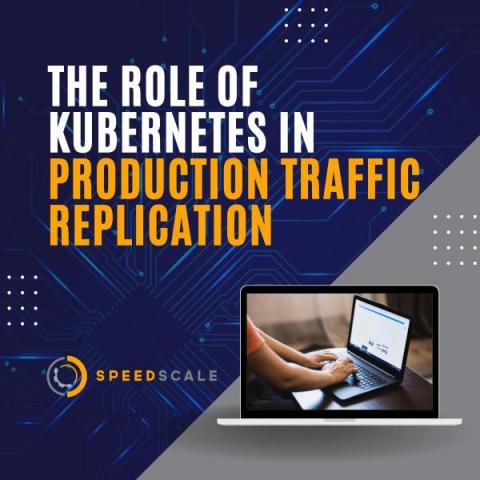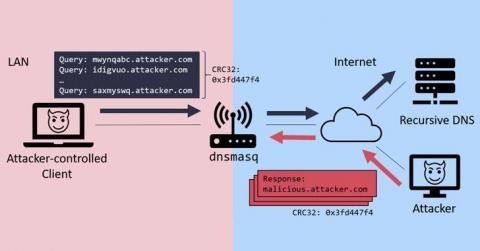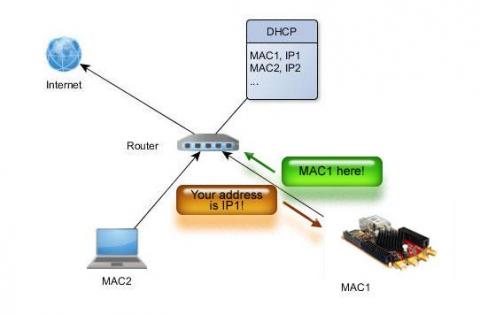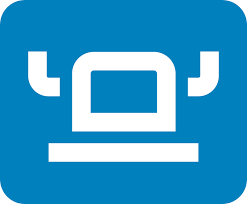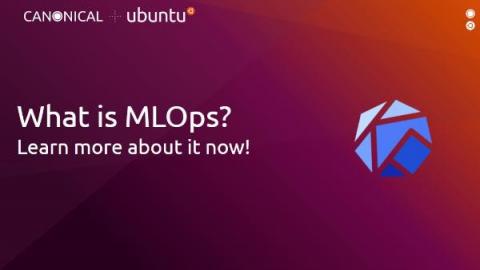Operations | Monitoring | ITSM | DevOps | Cloud
Latest News
Repatriation to reduce public cloud spend - easier said than done?
Repatriation in cloud computing refers to moving workloads from the public cloud to on-premise infrastructure. Sarah Wang and Martin Casado from Andreessen Horowitz have written one of the most popular articles about repatriation: they explain the motivation with the significant cost savings possible. For software-based businesses, public cloud spend can rise to 50% of the cost of revenue (COR). Reducing these costs has the potential for significant margin increases.
The Role of Kubernetes in Production Traffic Replication
Top 3 Advantages of Remote Support Software for SMBs
Your employees and customers are constantly on the move and rely on their mobile devices to stay connected and productive. On-demand remote support is crucial when technical issues become a roadblock in their day. With mobile device remote support, your IT team can troubleshoot problems quickly and efficiently from a tablet, computer, or smartphone.
How to monitor and troubleshoot Dnsmasq DNS Forwarder
Find out how to effectively and easily monitor and troubleshoot Dnsmasq DNS Forwarder using Netdata.
How to monitor and troubleshoot Dnsmasq for DHCP?
Find out how to effectively and easily monitor and troubleshoot Dnsmasq for DHCP using Netdata.
What to Know Before Becoming an Application Engineer
Monitoring and Observability in Azure Services
When to Use K3s and RKE2
K3s and Rancher Kubernetes Engine (RKE2) are two Kubernetes distributions from the SUSE Rancher container platform. Either project can be used to run a production-ready cluster; however, they target different use cases and consequently possess unique characteristics. This article will explain the similarities and differences between the projects. You’ll learn when it makes sense to use RKE2 instead of K3s and vice versa.
What is MLOps?
MLOps is the short term for machine learning operations and it represents a set of practices that aim to simplify workflow processes and automate machine learning and deep learning deployments. It accomplishes the deployment and maintenance of models reliably and efficiently for production, at a large scale. MLOps is slowly evolving into an independent approach to the machine learning lifecycle that includes all steps – from data gathering to governance and monitoring.




